Four-time World Champion Sebastian Vettel has admitted that he is “not entirely convinced” about Formula 1‘s new 2026 power unit regulations.
After over a decade of the sport employing turbo-hybrid power units, F1 will introduce a revamped engine rule set from 2026 onwards.
The engine rules will ditch the MGU-H and transform into a pure hybrid, delivering 50 per cent output from an electric motor and 50 per cent from the internal combustion unit.
This comes amid the FIA’s push for sustainability and efforts from the FOM to make the series a more lucrative prospect for manufacturers.
And while this has already started paying dividends with the likes of Audi, Ford, and General Motors signing up to the regulations reset, Vettel was quick to raise concerns over how it could destroy the very essence of motorsport as we know it.
“Innovative solutions from the previous engine regulations are being dispensed with in order to make it less expensive,” he told Auto Motor und Sport.
“This is intended to attract new manufacturers.
“The electric component is generally good and is also needed in mobility. However, 100 per cent electric mobility is already further advanced on the road due to its unbeatable efficiency.
“I’m not entirely convinced by the new regulations yet. Recovering energy is great, but doing it only on the rear axle and ignoring the front axle doesn’t make sense to me.”
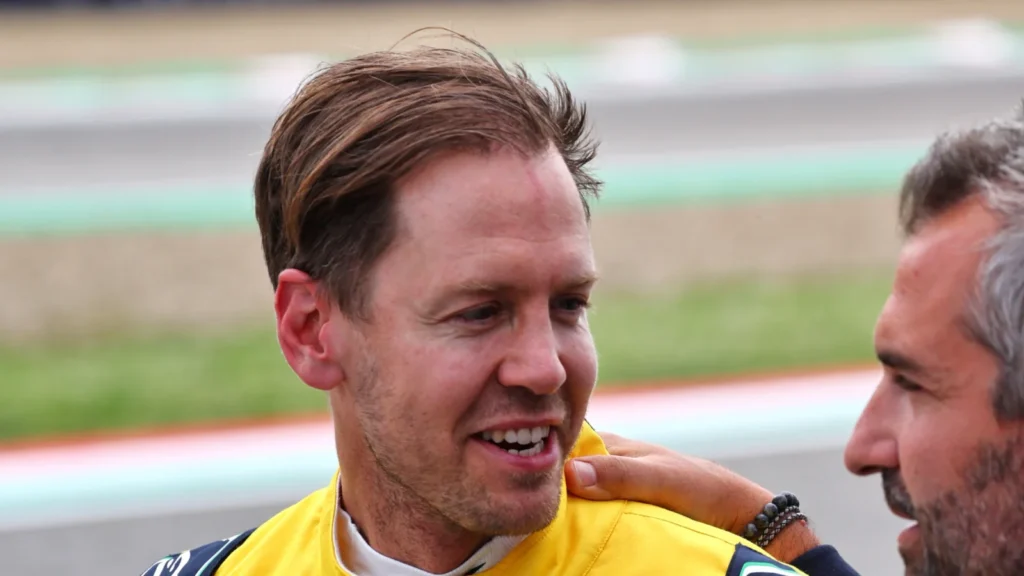
Vettel issues warning with sustainable fuel idea
Another area of change that the 2026 regulations aim to propagate is the use of biofuels.
With the latest engines, the FIA has imposed a mandate of using 100% sustainable biofuels.
But while this idea seems to look good on paper, Vettel remains unconvinced.
Vettel believes that the methodology of extracting maximum performance, which is integral to F1, will dilute any applicability this technology would have in the real world – something that Vettel emphasised should be the reason to innovate.
“I think climate-neutral fuels are good because there is a need for them in the world outside motorsport,” he continued.
“For the many vehicles that are already on the road. For shipping and aircraft.
“What you have to be careful about is the origin of these fuels. If you unleash the typical Formula 1 development race on them, things can quickly go in the wrong direction, as was the case in 2014.
“When it comes to fuels, we should close the door by limiting the origin of the molecules and establishing a certain degree of relevance for series production.
“It always comes down to: What are you trying to achieve? How do you achieve it? Where do the resources come from?”
2026 regulations could end motorsport as we know it
The 2026 rule set will also change a considerable amount on the chassis side of things. Active aerodynamics and 30KG lighter cars are all billed to promote closer, more intense racing.
But Vettel has apprehensions that bad habits and mistakes from the turbo-hybrid era will come back to haunt the sport.
“There will be a move away from this transfer and more towards entertainment,” asserted the 38-year-old.
“We should stick with what we know, but it needs to be done better in terms of the environment. The shoes I buy must be manufactured in a way that does not harm the environment and that production meets fair working conditions.
“The same applies to cars and motorsport events. It would be a shame if motorsport as we know it ceased to exist. It’s perfectly normal for it to change.
“From a sporting perspective, the competition must be as close as possible without damaging the spirit of Formula 1. And people must still be able to afford to watch the sport.”
READ MORE – Ferrari makes concession over Lewis Hamilton F1 struggles

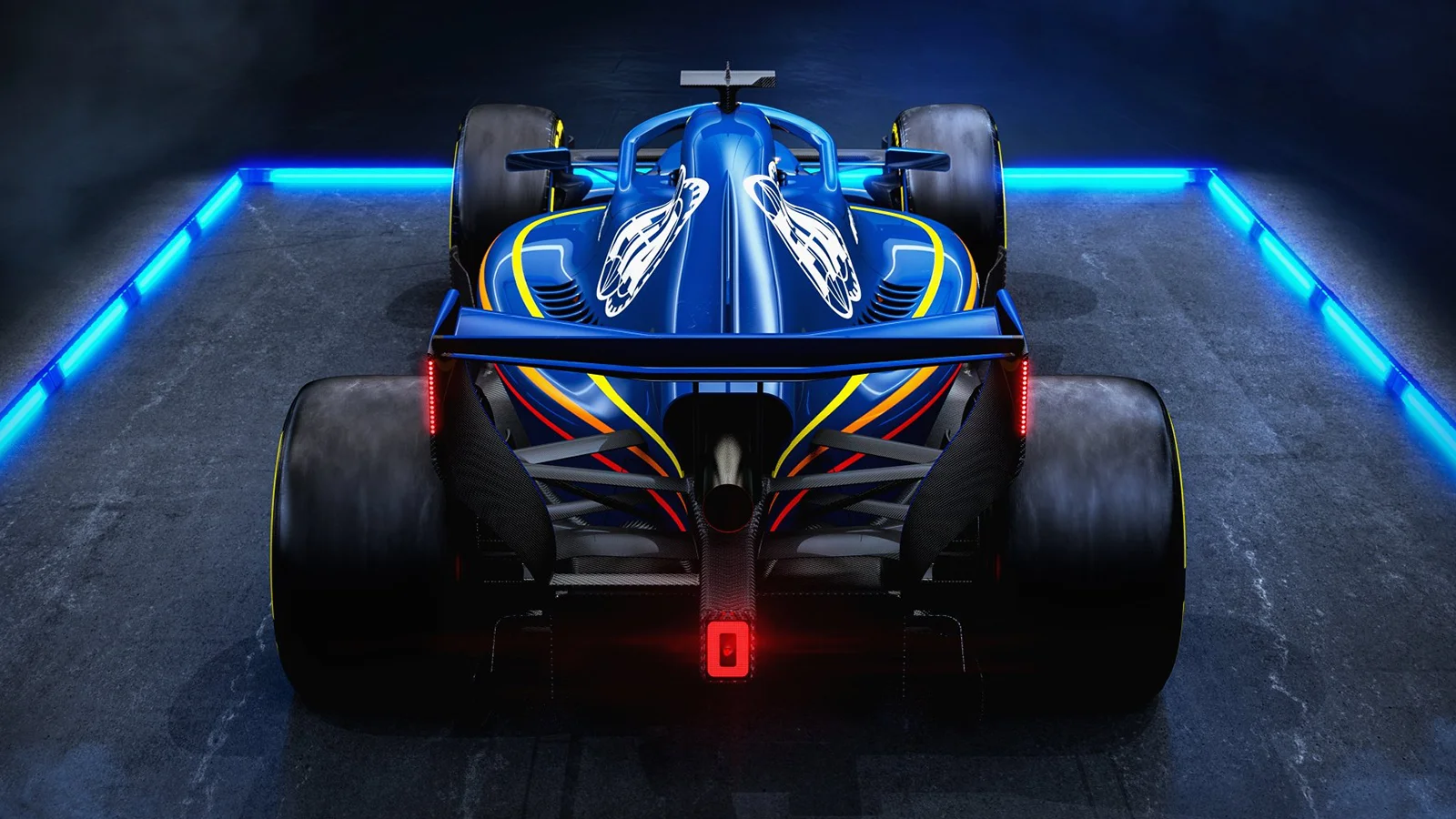


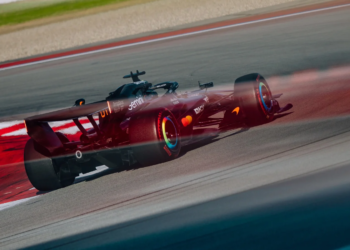
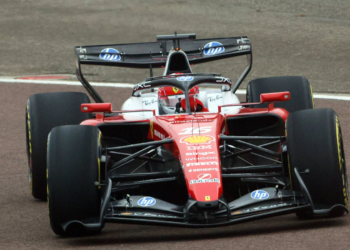
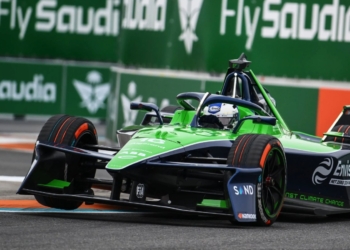
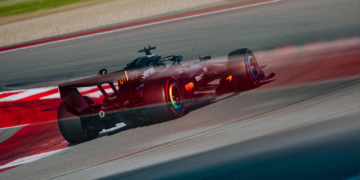
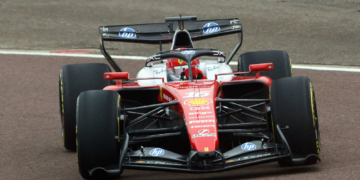
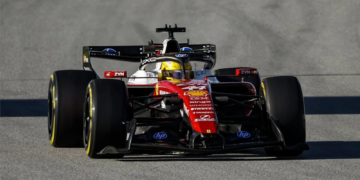
Discussion about this post